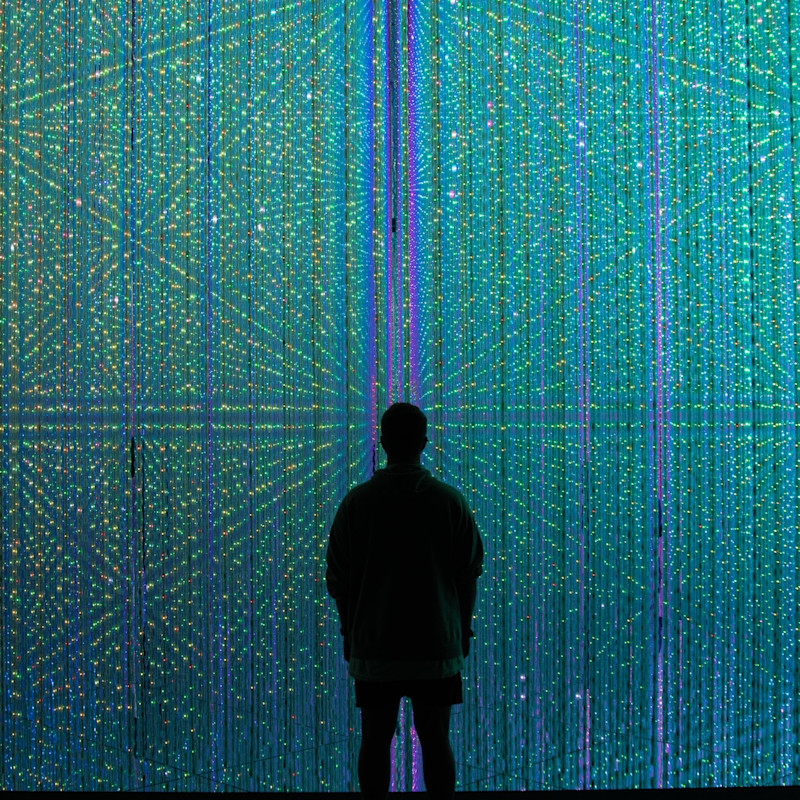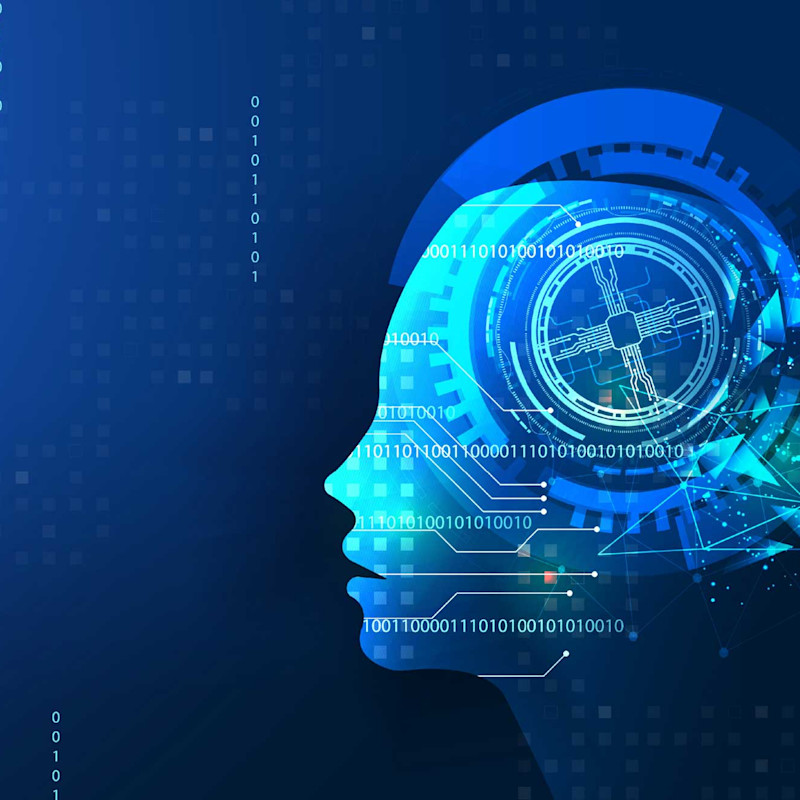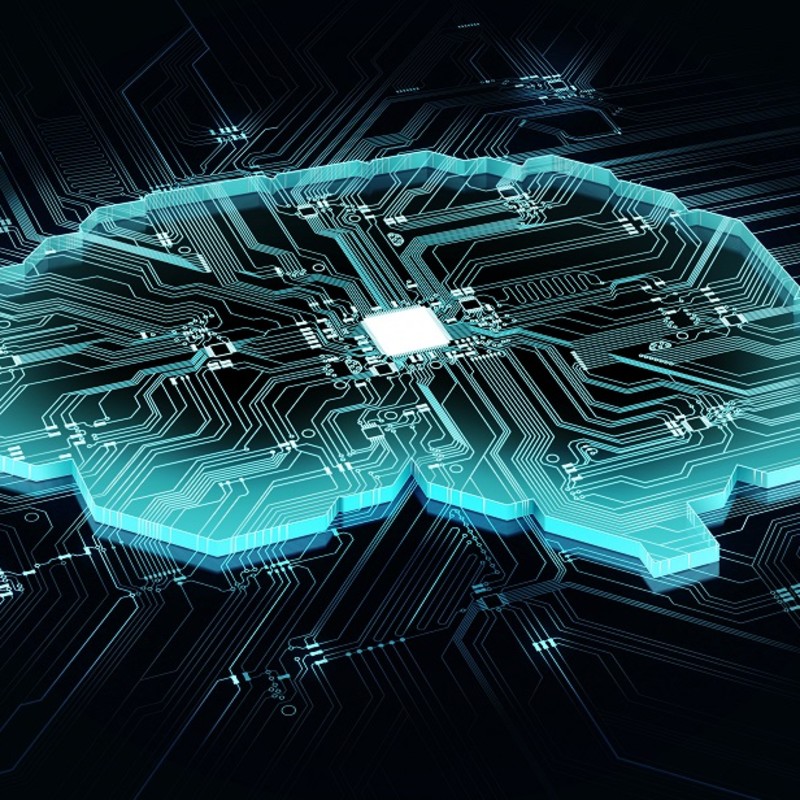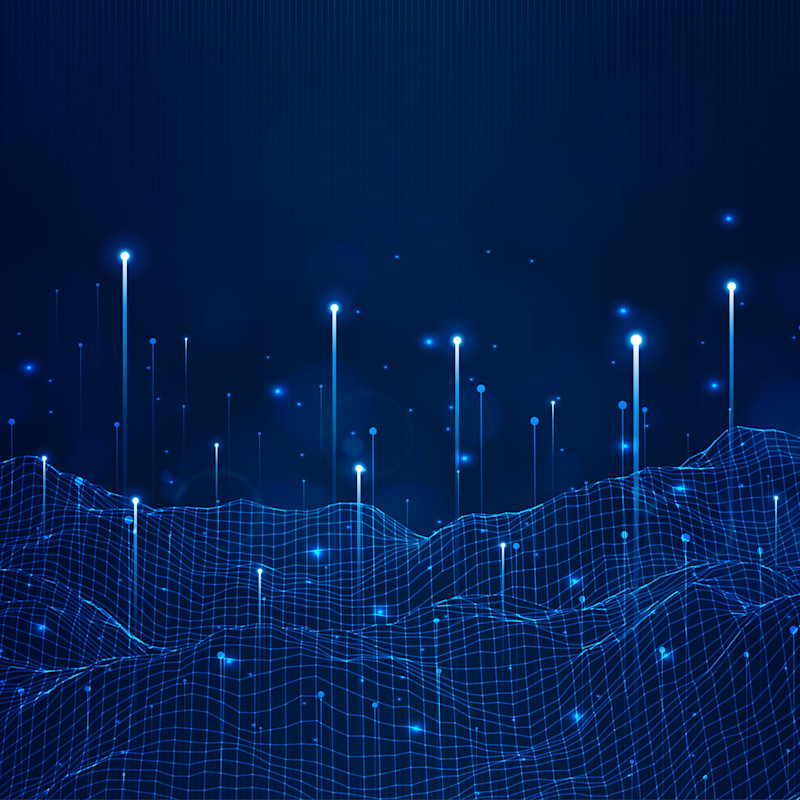AI and the law
Exploring the intersection of artificial intelligence, the legal profession and legal systems.
The Information Age is experiencing a major shift brought about by advancements in artificial intelligence (AI). As the technology becomes more sophisticated and accessible, it has enormous potential to transform how we work, create and live.
However, these improvements aren't without limitations and risks. Many applications of AI technology raise important questions of ownership, authorship, accountability and professional ethics that have an impact on legal matters.
Below, our legal experts explore the impact, benefits and challenges of AI technology and tools and the legal uncertainties it brings for lawyers, the legal profession, businesses and beyond.
OpenAI's GPT-4 is arguably the most advanced of all AI chatbots released to date, but have its enhancements addressed concerns relating to trust, safety and reliability? Our legal experts put it to the test.

The growing use and commercialisation of AI is transforming traditional models of content production, from writing songs and novels to designing art and buildings. However, applying intellectual property laws to the creation and use of AI-generated works raises questions of copyright ownership and infringement.

AI technology has the potential to significantly impact the delivery of corporate legal services ─ but there are certain challenges and limitations that will need to be addressed before widespread adoption is possible.

Meet the team


 Client portal
Client portal






